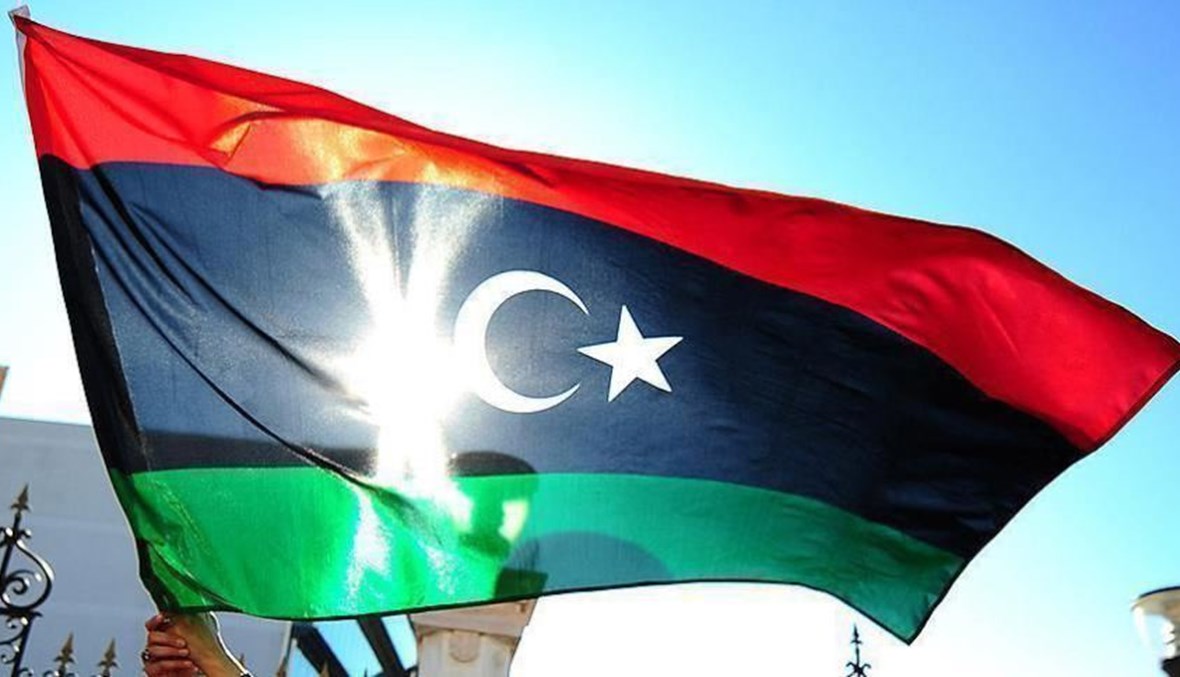Tensions in Libya continue to rise amid postponed elections.
Qatar renewed its support for Libya’s unity and stability on Tuesday during a meeting between Qatari and French diplomats in Paris.
According to Doha’s foreign ministry, the matter was discussed between Qatar’s Assistant Foreign Minister for Regional Affairs Mohammed Al Khulaifi and Special Envoy of the French President to Libya Paul Soler.
Al Khulaifi stressed Qatar’s support for “the political track in Libya” and “all peaceful solutions that preserve Libya’s unity, stability, and sovereignty”.
The meeting came just weeks after fighting broke out between armed groups that are linked to the Presidency Council in the cities of Tripoli and Misrata. According to Reuters, at least 13 people, including three civilians, were killed in the standoff.
Several rounds of violence have erupted across the country as the country’s political unrest continues.
Political divide
Libya has witnessed rising tensions between the UN-backed Government of National Unity (GNU), led by Prime Minister Abdel Hamid Dbeibeh, and the newly-appointed rival administration of Fathi Bashagha.
The GNU came to power last year following a long period of instability following the overthrow of former dictator Muammar Gaddafi. Qatar has long supported the widely recognised administration and called for a political resolution to the ongoing turmoil.
The Dbeibeh government was scheduled to remain in power until the December presidential elections in 2021. However, the date was changed days ahead of the elections to 24 January this year by the High National Election Committee (HNEC).
Bashagha then came to power in February after he was appointed by the eastern-based House of Representatives. This has led to a political divide between two rival administrations, with Dbeibeh refusing to step down.
Tensions in Libya later increased, with Bashagha attempting to take control of Tripoli on 17 May. Bashagha was forced out of the capital city within hours following violent clashes.
Bashagha is believed to be allied with warlord General Khalifa Haftar, who led a massive offensive to drive out the GNU between 2019 and 2020. The war ended following a military intervention by Turkey.
The UN High Commissioner for Refugees estimates that the conflict in Libya has internally displaced more than 200,000 people. Approximately 1.3 million people are in need of humanitarian assistance.
In July, Virginia’s federal judge ordered Haftar, a dual US-Libyan citizen, to compensate families of victims killed during the war. The lawsuits were filed in 2019 and 2020 under the 1991 US Torture Victim Protection Act.
The case was paused ahead of Libya’s elections that have now been postponed indefinitely.
In July, protests broke out in various areas in Libya over a lack of elections, raising concerns by rights groups and organisations worldwide including the United Nations.
Groups affiliated with Haftar had also stopped funding Dbeibah’s government to apply pressure on the GNU. However, this has risked the lives of more civilians.
The three-month blockade was only lifted after Dbeibah appointed Haftar-allied Farhat Bengdara as the state oil company chief. During the embargo, the Libyan government lost more than $3 billion in revenue.
Meanwhile, Egypt is set to host meetings between Libya’s speaker of the House of Representatives Aguila Saleh in the coming days as well as the Head of Libya’s High Council of State Khalid Al-Mishri.
The meetings aim to dive into the steps needed to hold the delayed elections.







